Our research program is focused on the design, implementation, and interpretation of screening efforts to identify and determine the interactions among the components in both TLR and inflammasome signaling networks. We use high-throughput genetic screening to identify key pathway regulators, and a combination of cell biology, biochemistry, and molecular biology to characterize their function. Our goal is to obtain a better understanding of how innate immune signaling pathways control the macrophage inflammatory state, and ultimately to develop strategies to regulate these responses in human inflammatory diseases. Specific projects of our research group members in this context are described in their Bio sections below.
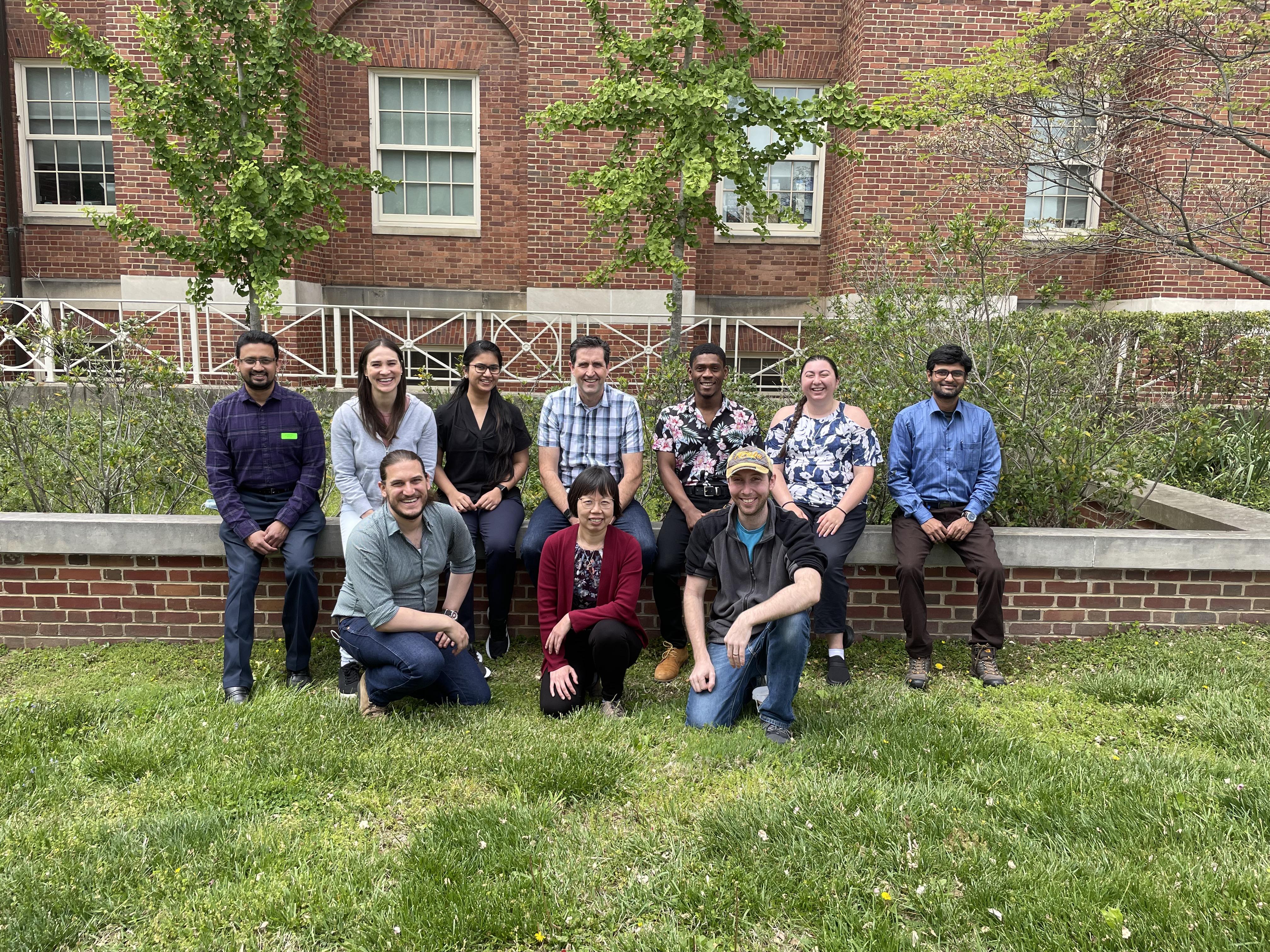
Signaling Systems Section, 2022. Front Row (left to right): Sam Katz, Postdoctoral Fellow (former member); Jing Sun, Research Biologist; Clinton Bradfield, Research Fellow. Back Row (left to right): Sinu John, Staff Scientist; Camille Lake, NIAID Data Science Fellow (former member); Yamini Nallana, Georgetown Masters Student (former member); Iain Fraser, Senior Investigator; Makheni Jean Pierre, Postbaccalaureate Fellow (former member); Julia Gross, Graduate Student; Rahul Basu, Postdoctoral Fellow (former member).
Iain Fraser, Ph.D.
Chief, Signaling Systems Section
Specialty(s): Allergy and Immunology, Infectious Disease
Education:
Ph.D., Imperial College, University of London

Clinton Bradfield, Ph.D.
Research Fellow
Education:
Ph.D., microbial pathogenesis, Yale University
M.S., microbial pathogenesis, Yale University
B.A., Biochemistry, Simpson College

Brendan Geesey, B.S.
Research Fellow
Education:
B.S., Arizona State University
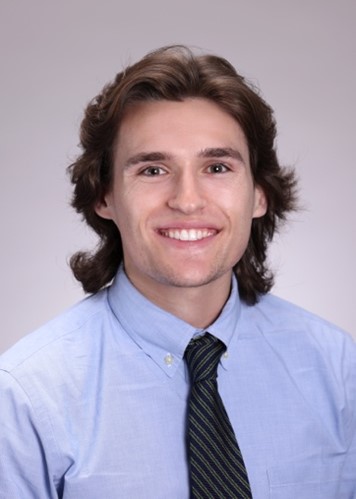
Asmaysinh Gharia
Graduate Student
Education:
NIH Oxford-Cambridge
University of California Berkeley

Julia Gross
Graduate Student
Education:
Brown University, Providence, RI
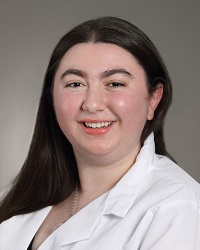
Chloe Hicks, B.S.
Postbaccalaureate Fellow
Education:
B.S., 2023, Duke University
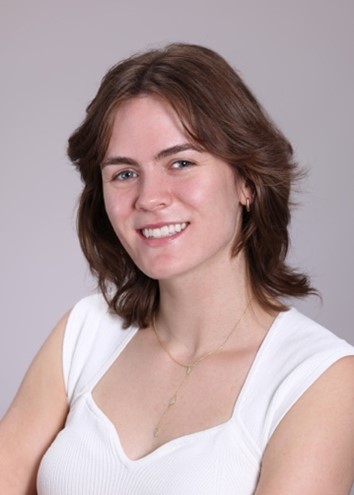
Heera James, B.S.
Postbaccalaureate Fellow
Education:
B.S., 2022, Virginia Commonwealth University

Sinu P. John, Ph.D.
Staff Scientist
Education:
Ph.D., 2006, University of Alabama, Birmingham, AL, USA
M.Sc., 1999, University of Hyderabad, India
Languages Spoken: Malayalam

Christine Perritano, B.S.
Postbaccalaureate Fellow
Education:
B.S., 2022, George Washington University
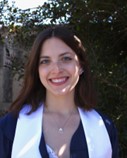
Jing Sun, Ph.D., M.D.
Biologist
Education:
Ph.D., Peking University, China
M.D., Peking University, China
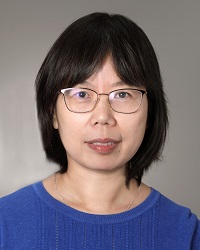
Leilei Xu, Ph.D.
Postdoctoral Fellow
Education:
Ph.D., Biology, University of Science and Technology of China
Languages Spoken: Chinese
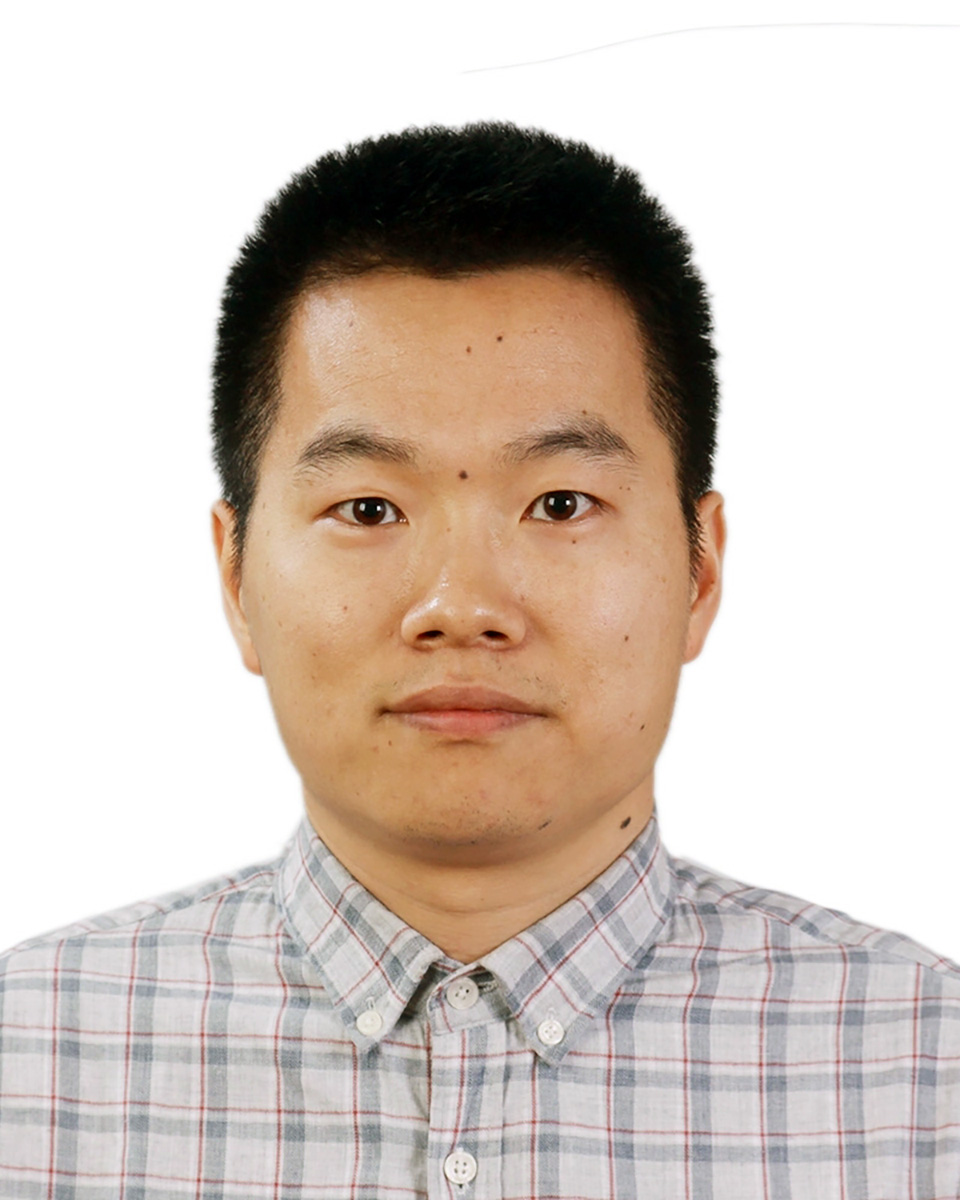
Former Research Group Members
Rahul Basu, Ph.D.
HHMI Research Specialist II
University of Texas Health San Antonio
Rahul was a postdoctoral fellow under the Rocky Mountain Lab (RML) Bethesda (Rocky-Beth) collaborative program from 2017-2022. He received his Ph.D. from the Indian Institute of Science Education and Research in Kolkata, India where his project was directed to understand the changes in neuroglial interaction in a murine coronavirus infection model. In 2017, he joined Dr. Karin Peterson’s Neuroimmunology Section at RML to study the age-related changes in blood-brain barrier permeability that contribute to La Crosse virus (bunyavirus) susceptibility in children. Through the Rocky-Beth program, he transitioned to the Signaling Systems Section in 2019 to perform focused genetic screening and host-factor targeting in La Crosse virus infection. This study was published in Nature Communications.
Makheni Jean Pierre
Graduate Student, Eric Dang lab
NIH-Georgetown University Partnership Program
Makheni was a postbaccalaureate fellow in the Signaling Systems Section from 2020-2022, funded through the NIH Undergraduate Scholarship Program (UGSP). He obtained his associate degree in science from Queensborough Community College (QCC New York) and then transferred to Stony Brook University to complete his bachelor’s in biology. His interest lay in the intracellular signaling processes in macrophages in response to activation by pathogens. He worked on a target protein discovered in a genetic screen that regulates the expression of key genes involved in the TLR4 pathway in macrophages in order to control the degree of immune response in certain situations.
Sam Katz, Ph.D.
Senior Scientist
Verily Biosciences
Sam was a graduate student in the NIH-OxCam program from 2016-2020 and then remained in the Signaling Systems Section as a postdoctoral fellow until 2022. He received his Ph.D. from the University of Cambridge in 2020 (co-supervised by Dr. Fraser and Professor Clare Bryant). As a graduate student, Sam built the SIGNAL platform for prioritizing candidates from high-throughput studies. He then focused on characterizing how post-translation modifications, such as alternative splicing, regulate the inflammatory response.
Camille Lake, Ph.D.
Senior Bioinformatics Data Scientist
Deloitte Consulting, LLP
Camille Lake was a rotating fellow in the Signaling Systems Section when she was part of NIAID’s Emerging Leaders in Data Science Fellowship program from 2021-2022. She spent her upbringing in the hills of Northern California and eventually moved to Santa Barbara, where she got her college degree and discovered her love of molecular biology. She moved to Bethesda, MD, to pursue her Ph.D. in infectious diseases and immunology at the Uniformed Services University of the Health Sciences, where she graduated in 2021. She utilized her immunology foundation and fascination with data science to fuel her research, which ranged from determining the underpinnings of molecular mimicry in SARS-CoV-2 sequelae to utilizing machine learning algorithms to unlock the secrets of RNA regulation.
Jonathan Liang, Ph.D.
Medical Intern
Yale University Medical School
Jonathan is an M.D./Ph.D. student who completed his graduate work in the Signaling Systems Section (SSS) in 2022 through the NIH-OxCam Scholars Program. He is a Washington, DC, area native, having lived near NIH since middle school. After undergraduate studies at Yale University in New Haven, CT, he completed a master’s degree at the University of Cambridge before beginning his M.D./Ph.D. jointly between the Yale School of Medicine, the NIH, and the University of Cambridge. His research in the SSS sought to understand the molecular pathways that allow saturated fatty acids to trigger the NLRP3 inflammasome, an interaction that may contribute to inflammation in diseases such as atherosclerosis and fatty liver disease (recently reviewed in Trends in Immunology). His major ongoing clinical interest is in pediatrics.

